Hunza Valley: A Natural Wonderland
Nestled in the heart of the Karakoram Range, Hunza Valley is a pristine gem of northern Pakistan, renowned for its
awe-inspiring natural beauty, rich history, and warm hospitality. Hunza Valley is a magical destination in the northern
part of Pakistan, offering a harmonious blend of natural splendor, historical intrigue, and cultural richness.
10 Beautiful Places To Visit in Skardu
Whether you’re an adventurer, a history enthusiast, or simply seeking tranquility amidst awe-inspiring landscapes,
Hunza Valley has something to offer every traveler. It’s a place where the beauty of nature meets the warmth of its people,
creating an unforgettable experience in the heart of the Karakoram.

Hunza Valley: A Natural Wonderland
1-Spectacular Scenery:
Hunza Valley is celebrated for its breathtaking landscapes. Towering peaks, including Rakaposhi, Ultar Sar, and the iconic
Karimabad, surrounds the valley, creating a dramatic backdrop.
In the spring, vibrant cherry blossoms add a burst of color to the valley, while in the winter, it transforms into a serene,
snow-covered wonderland.
2-Karimabad:
The main town of Hunza Valley, Karimabad, is steeped in history and culture. It’s home to Baltit Fort and Altit Fort,
both UNESCO World Heritage Sites, offering a glimpse into the region’s rich heritage.
The narrow streets of Karimabad are lined with shops selling local crafts, gemstones, and traditional Hunza caps.
3-Attabad Lake:
This stunning turquoise lake was formed in 2010 as a result of a landslide, blocking the flow of the Hunza River.
Today, Attabad Lake attracts visitors with its surreal beauty and the opportunity for boat rides amidst the submerged trees.
4-Baltit Fort:
A marvel of architecture and history, Baltit Fort is an essential stop. It was the former residence of the Mirs (local rulers)
and has been painstakingly restored to showcase the grandeur of Hunza’s past.
5-Rakaposhi Base Camp:
Adventurers can trek to the Rakaposhi Base Camp to witness the majesty of the Rakaposhi Peak up close.
The trail takes you through lush meadows and offers panoramic views of the surrounding mountains.
6-Local Cuisine:
Don’t miss the opportunity to savor the local cuisine. Try traditional dishes like Hunza bread, Balti dumplings,
and apricot-based delicacies. The apricots grown in the region are particularly famous.
7-Hunza Culture:
The warm and hospitable people of Hunza Valley are known for their rich cultural heritage. You can engage with locals,
learn about their customs, and even attend traditional festivals if your visit coincides with one.
8-Hiking and Trekking:
The valley is a paradise for trekkers and hikers. The Karakoram Highway, often called the “Eighth Wonder of the World,”
offers access to various trekking routes, including the famous Karakoram Trek and the Baltoro Glacier Trek.
9- Sustainability Initiatives:
Hunza Valley is increasingly focused on sustainable tourism, aiming to preserve its natural beauty and cultural heritage.
Many eco-friendly initiatives are in place to protect the environment.
10-Stargazing:
Due to its remote location and minimal light pollution, Hunza Valley is an excellent place for stargazing. On clear nights,
the sky is a canvas of stars that seems to stretch to infinity.
Hunza Valley distance from Islamabad.
The distance from Islamabad to Hunza Valley in northern Pakistan can vary depending on the specific route you take.
The most common route is via the Karakoram Highway (KKH), which offers stunning scenic views but can also be subject
to road conditions and delays due to its mountainous terrain.
The approximate driving distance from Islamabad to Hunza Valley via the Karakoram Highway is around 600 to 650 kilometers
(370 to 400 miles). The journey typically takes about 14 to 18 hours by road, depending on road conditions, weather, and stops
along the way.
It’s important to note that the travel time can vary, and it’s advisable to check road conditions and plan accordingly.
Additionally, there may be checkpoints and security considerations, so it’s a good idea to stay informed about the
current situation when planning your trip to Hunza Valley.
The best time to travel :
The best time to travel to Hunza Valley in northern Pakistan largely depends on your preferences and the activities you’d like
to pursue. Each season in Hunza Valley offers a different charm and a range of activities.
The choice of when to visit depends on your preferences, whether you want to witness the cherry blossoms in spring,
enjoy pleasant summer weather, admire autumn foliage, or experience the snowy wonderland of winter.
Check weather conditions and road accessibility before planning your trip, especially if you intend to visit during the
winter months.
Hunza Valley Weather
Spring (April to June):
Recommended Season: Spring is often considered the best time to visit Hunza Valley. During this period, the valley comes
alive with colorful blossoms, especially cherry blossoms, which usually peak in late April to early May.
Weather: The weather is generally mild and pleasant during spring, with daytime temperatures ranging from 15°C to 25°C
(59°F to 77°F). It’s an excellent time for hiking and enjoying the natural beauty.
Summer (July to September):
Recommended Season: Summer is another popular time to visit Hunza, especially for travelers who prefer warmer
weather and clear skies.
Weather: Daytime temperatures in summer can range from 20°C to 30°C (68°F to 86°F). The weather is usually
sunny, making it ideal for trekking and outdoor activities. The days are longer, allowing more time for exploration.
Autumn (October to November):
Recommended Season: Autumn is a beautiful time in Hunza Valley when the leaves change color, creating a stunning landscape.
Weather: Daytime temperatures start to cool down, ranging from 10°C to 20°C (50°F to 68°F). It’s a good time for photography
and enjoying the fall scenery.
Winter (December to March):
Recommended Season: Winter is suitable for travelers who enjoy snow and want to experience the valley’s serene, snowy landscapes.
Weather: Winters in Hunza can be quite cold, with daytime temperatures ranging from -2°C to 10°C (28°F to 50°F). Many areas may be covered in snow, making it perfect for winter sports and a unique, tranquil experience.


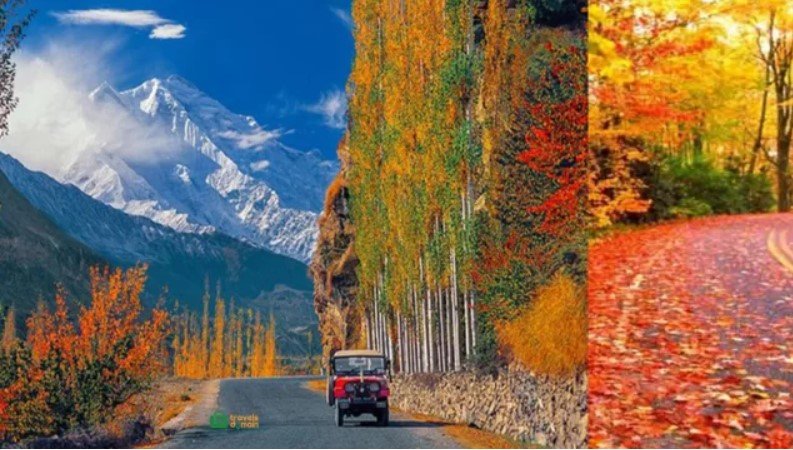
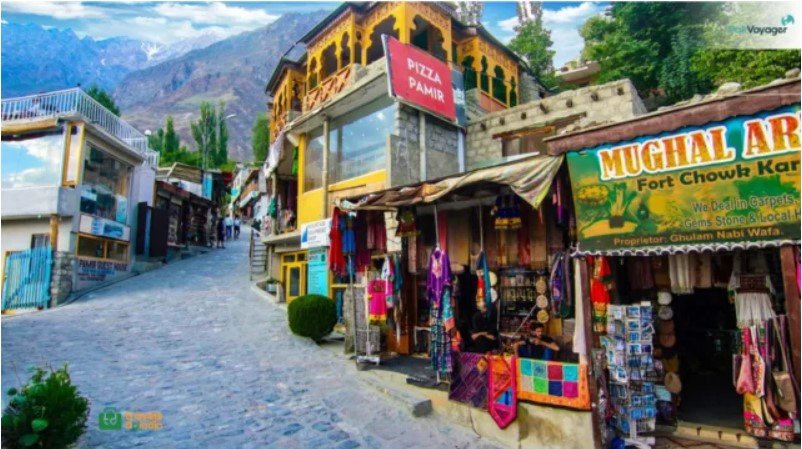
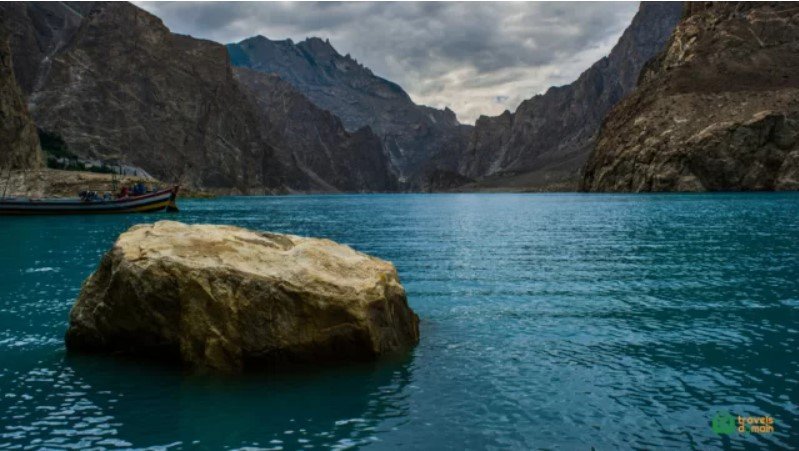
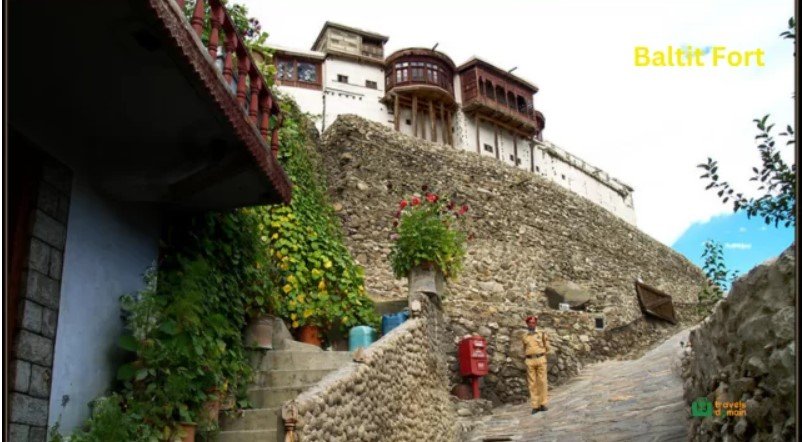
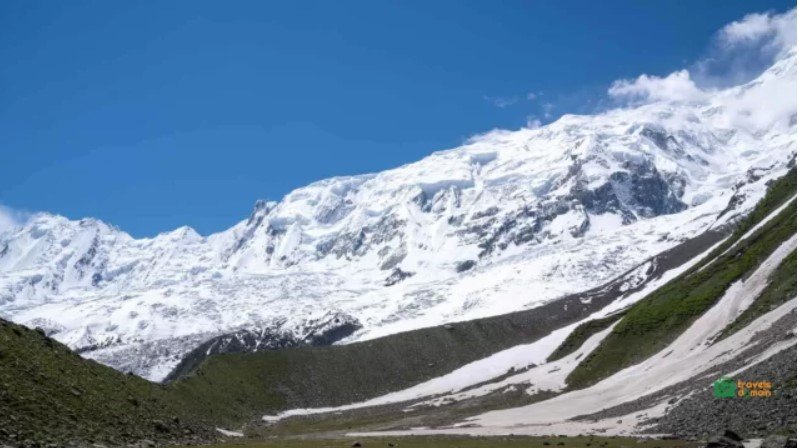
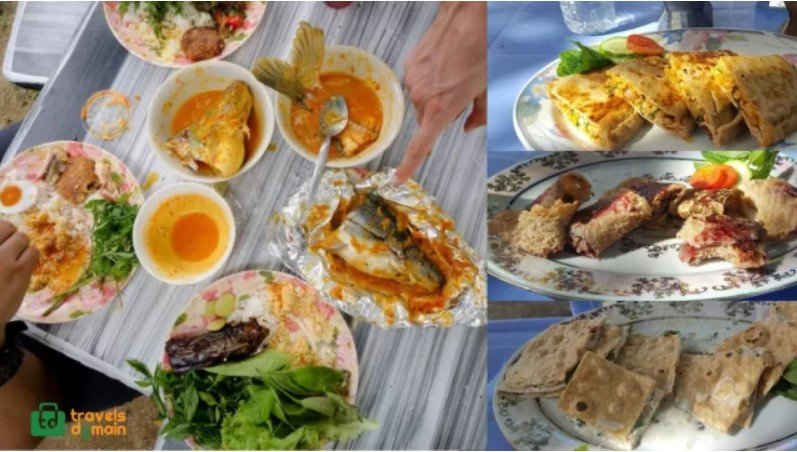
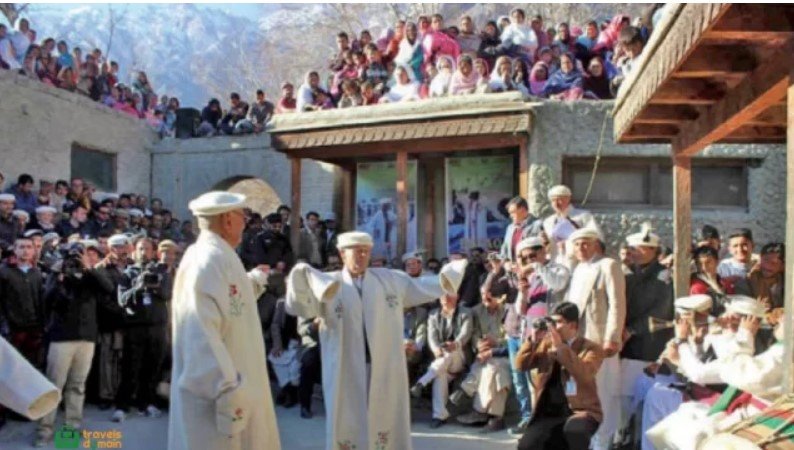
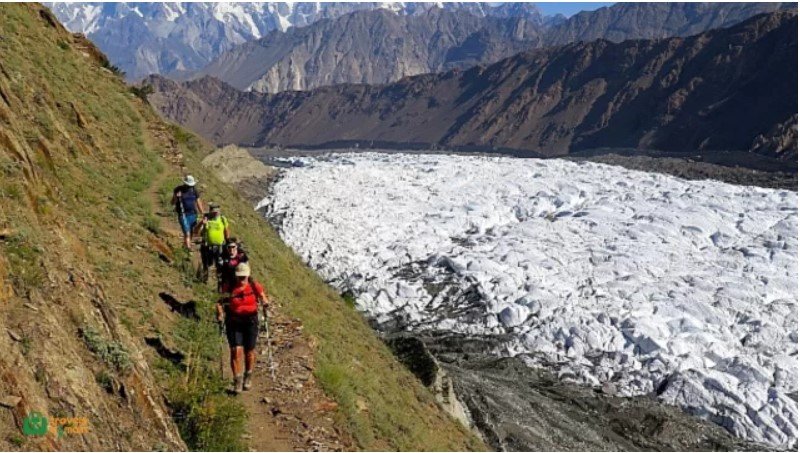
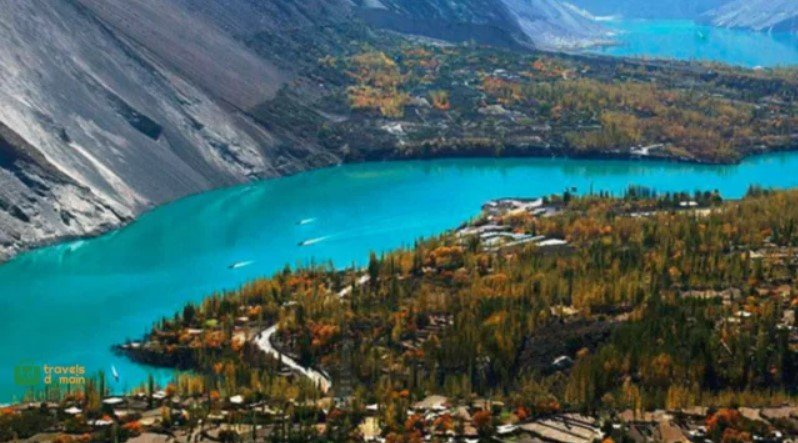






2 Comments